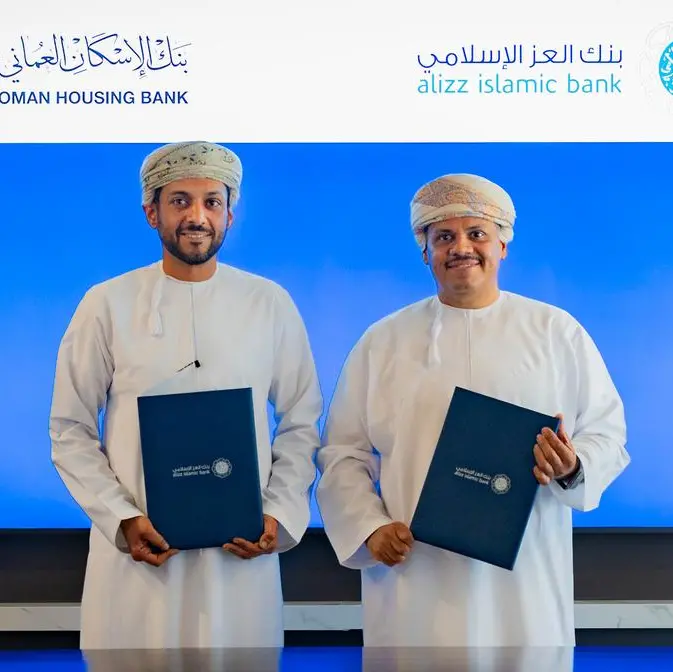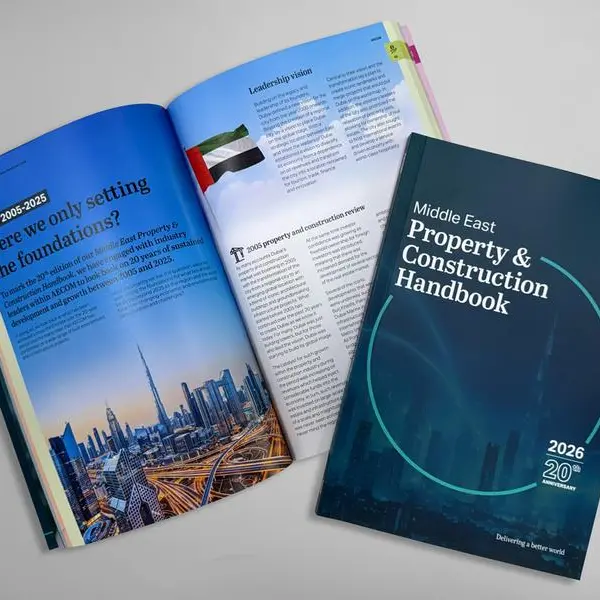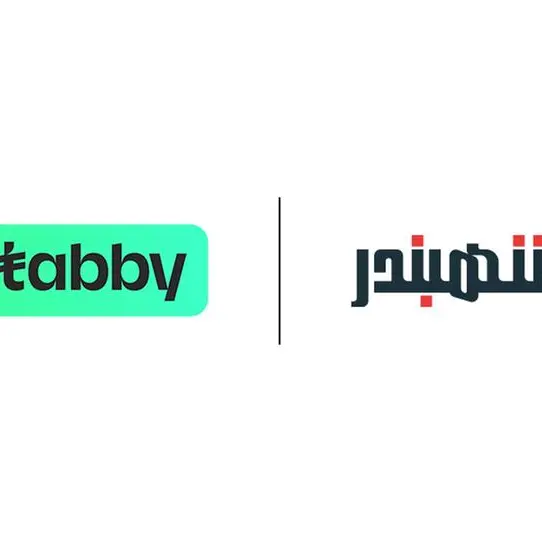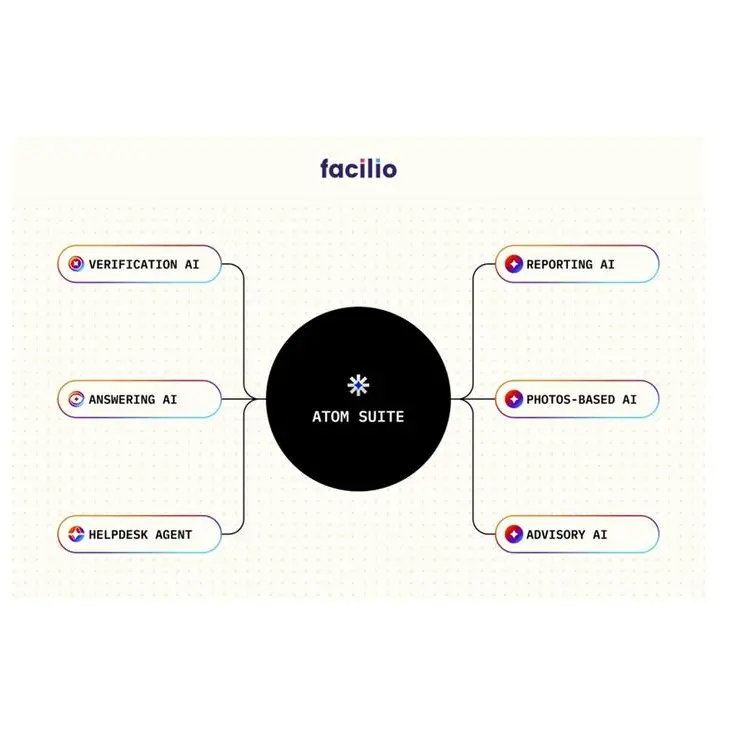Markaz puts forward solutions to address Kuwait’s housing crisis in new report
Kuwait: Kuwait Financial Centre “Markaz” released a new report, through its research arm (Marmore), on various challenges facing Kuwait’s residential real estate sector that stem from a long-standing housing crisis. Titled ‘Housing Problem in Kuwait and the Way Forward’, the report also includes recommendations to solve the widening supply-demand gap in the state housing program and address the growing demand for housing mainly driven by a youthful demographic and fast-paced urbanization in the country.
The report pointed out that Kuwait has been catering to the housing needs of its citizens through a state housing program. The Public Authority for Housing Welfare (PAHW) provides Kuwaiti citizens with either a house or a land plot and a long-term interest-free loan by the Kuwait Credit Bank (KCB) of KWD 70,000. However, the supply of housing units does not keep pace with the demand, with the number of housing applications pending action at PAHW reaching 91,794, as of 2020, and stretching waiting times between application and allocation almost 10 years. The supply shortfall has also pushed up the prices for private housing, reducing the affordability of owning private residences.
Furthermore, the Markaz report notes that Kuwait’s residential affordability is the lowest in the GCC region, with the price-to-income ratio standing at 15.8, making it one of the least affordable places in the world to own a residence. This ratio, which is measured by the median house price divided by median household income, is approximately three times that of Dubai and Abu Dhabi, five times that of Saudi Arabia, and is higher than London and New York. Moreover, the land price currently accounts for 80% of the value of a house, significantly above the international standard of 30%.
According to the report, a lack of private sector participation, low-density zoning in near urban areas, limited access to financing, high capital costs associated with developing infrastructure and the high rate of urbanization are the key factors that exacerbate the housing problem. The government owns 90% of the land in Kuwait and regulates residential real estate development through parceling and allocation of land plots. The Kuwaiti laws prevent private companies from buying and trading residential property. This restrictive zoning led to the establishment of housing neighborhoods outside of Kuwait City, as the city was zoned exclusively for commercial development. The residential areas outside the city require a minimum 375sq.m. plot per residential dwelling by PAHW and limit population density at 12 units per hectare. These have led to urban sprawl and higher housing prices.
A lack of funding is another major bottleneck. The Kuwait Credit Bank is the main source of financing for housing in Kuwait. However, its capital is dwindling as demonstrated by a June 2021 PAHW report, which estimates that KCB could finance only 12,000 plots. Local banks are prudent in lending because the law restricts the ability of banks to foreclose on first homes even if they are mortgaged. With 100% urbanization and a relatively high population density of 232 people/sq. km, Kuwait has seen a concentration of infrastructure development, and the existing infrastructure is not geared for the needed higher density in construction. While new areas need to be developed to meet the demand for residential real estate, the capital outlay required for supporting physical infrastructure such as roadways, schools, universities, and hospitals is expected to be significantly high.
A sustained fast growth in demand for housing in Kuwait is projected for the foreseeable future on the back of a young population, three-quarters of which are youth aged below 39 years, and high annual household formation rates. The Markaz report suggests that a holistic approach combined with the collaboration of multiple stakeholders, structural reforms, as well as swift and targeted initiatives would be pivotal in addressing key pain points in the residential real estate sector and solving the long-persisting social issue of housing in the country.
Putting forward its recommendations, Markaz stresses the need to increase the supply of suburban land, relax zoning requirements by increasing the density of residential urban land together with improvement in infrastructure and accessibility, revising the floor area ratio to stimulate the development of higher density residence, offer a differentiated housing program for high-income and lower-income households, legislate laws for co-ownership of properties, and increase affordability through private sector financing. The report provides a comprehensive view of how a greater supply of land, the participation of the private sector in land development, and incentivizing banks to provide financing will help Kuwait quickly bridge the supply-demand gap in housing and reduce the application backlog at PAHW.
Marmore MENA Intelligence, a fully owned subsidiary of Markaz, prepared the ‘Housing Problem in Kuwait and the Way Forward’ report, with the aim of driving growth in the country’s real estate sector and the greater economy, thereby contributing to the national efforts to help Kuwaitis achieve sustainable prosperity and increased quality of life.


















